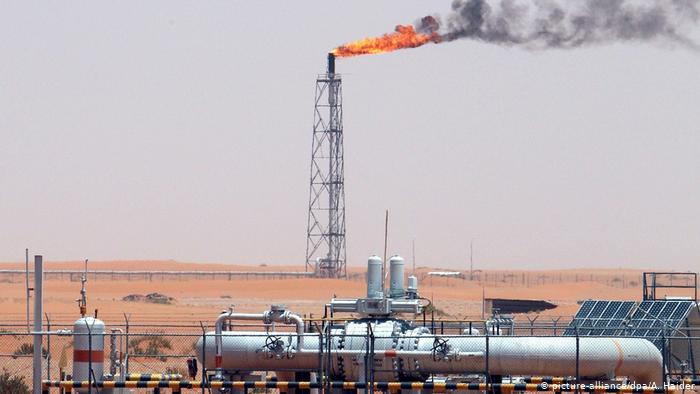
Berlin: The alliance of some of the world's biggest oil producers said on Monday it wouldn't boost oil production beyond the 400,000 barrels per day (bpd) that it has been adding each month, shrugging off pressure from big consumers, such as the US and India, to rein in spiraling oil prices.
The OPEC+ delegates pointed to the uncertainty around the still raging pandemic for their cautious approach.
The decision by the OPEC+ — an alliance between the Organization of the Petroleum Exporting Countries (OPEC), led by Saudi Arabia, and a handful of other oil producers, helmed by Russia — sent crude prices to multiyear highs, further stoking inflation concerns, which are already weighing on the post-pandemic global economic recovery.
Benchmark crude contract Brent North Sea and West Texas Intermediate (WTI) futures, the US benchmark, have nearly doubled in the past year to $81.26 (€70.05) a barrel and $77.62, respectively, as demand for the fuel soars amid a swift economic rebound from pandemic lows. Oil supply remains curtailed with major oil producers reluctant to unleash the millions of bpd of spare production capacity, and US shale producers struggle to attract investments to boost production.
"The outcome of the OPEC+ meeting was no surprise, but when prices are at above $80 per barrel Brent, this is a level that makes customers uncomfortable and producers happy but cautious," said Bjornar Tonhaugen, head of oil markets at Rystad Energy.
The oil prices have also been boosted by OPEC+ producers struggling to meet the planned 400,000 bpd increase in production, largely due to operational issues in Angola and Nigeria, maintenance in Kazakhstan and hurricanes in the Gulf of Mexico.
"If output continues to fall short of the group's targets, oil prices could remain high into next year as well," Kieran Clancy, commodities economist as Capital Economics, said in a note.
Oil's steep climb coincides with a sharp rise in energy prices led by a spike in natural gas and coal prices, which has already pushed up inflation to multiyear highs across Europe and is hurting industrial production.
Natural gas prices in Europe have climbed to record highs amid limited supplies from Russia and strong demand for liquefied natural gas (LNG) from Asia. Gas stockpiles on the continent have fallen to their lowest level in over a decade for this time of the year.
The short supply of gas has meant companies are being forced to turn to oil and coal for power production, further boosting demand for the two commodities.
"The recovery of the economy, the potential of a cold winter and fuel switching from gas to oil in Asia suggest a rather quick demand increase to as much as 100 million bpd in December, but if prices keep on rising, the elasticity of oil demand may kick in as consumers, out of cost reasons, cut consumption," Tonhaugen said.
"Producing nations, and namely OPEC+, have to be careful not to allow prices to inflate too much, otherwise we may see an adverse reaction that could negatively impact post-pandemic economic growth," he added.
In April last year, the OPEC+ agreed to the biggest coordinated cuts on record — 9.7 million bpd, or 10% of total global supply — as the COVID-19 pandemic brought the global economy to a screeching halt. The alliance has been gradually phasing out the production cuts as demand for the commodity recovers.
"OPEC+ holds both the knife and the cake in the oil market, especially as the group boasts the lion's share of the remaining unused supply capacity in the world," Tonhaugen said. "The supply capacity control makes OPEC+ the only market player that can significantly redirect market conditions, apart from any unplanned outages or weather phenomena."